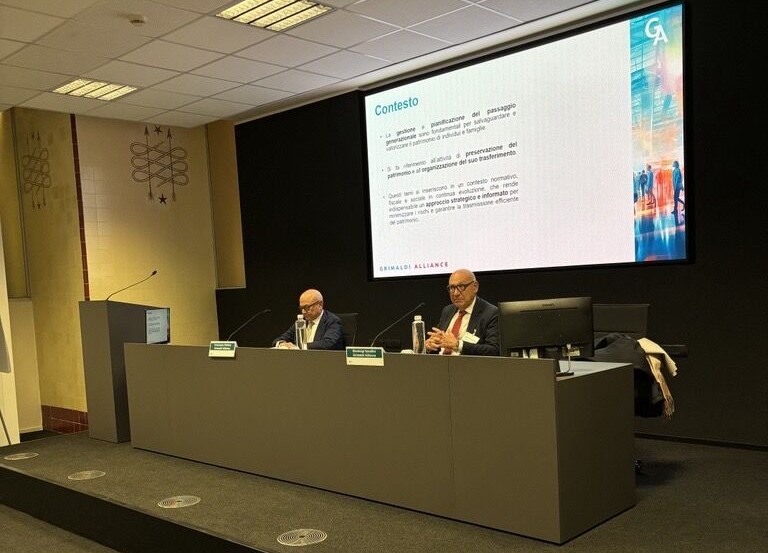Simone Mori is the new Partner at GA responsible for Strategic Advocacy. He will work – at national, European, and international levels – with GA’s teams to develop Strategic Advocacy activities, with a particular focus on the energy and infrastructure sectors. GA – an international law and tax firm with 12 offices in Italy and direct offices in New York, Lugano, Brussels, London, and Paris, as well as a network of professionals operating in over 80 jurisdictions worldwide – led by Managing Partner Francesco Sciaudone, aims to continue its growth path by adding a highly experienced professional of recognized standing.
Simone Mori will lead Strategic Advocacy efforts, coordinating a team capable of tackling the ongoing challenges posed by the increasingly complex geopolitical landscape and international dynamics, especially in sectors such as energy and infrastructure.
Simone teaches Economics and Energy Management at LUISS University in Rome and has over 30 years of experience in the energy and infrastructure sector, having held senior roles in leading energy companies. He has led activities in Russia, Romania, Slovakia, and Greece, and was globally responsible for regulatory, antitrust, environmental, and innovation policies. He also managed one of the world’s largest carbon credit portfolios. Over the years, he has contributed to the development of the electricity and gas sectors in more than 25 countries, gaining a unique understanding of energy market dynamics and policies in Europe and globally. In addition to strategic and regulatory advisory for businesses and financial institutions, Simone also supports innovative start-ups in the green tech sector. He collaborates with major think tanks such as Bruegel, the Centre on Regulation in Europe, the German Marshall Fund of the US, and the Observatoire Méditerranéen de l’Énergie.
“I’m truly convinced that with Simone on board, we will be able to offer an even more distinctive legal and strategic advisory service in the key sectors of energy and infrastructure, at national, European, and international levels. We want GA to be increasingly seen as a strategic partner for our clients,” said Managing Partner Francesco Sciaudone.




